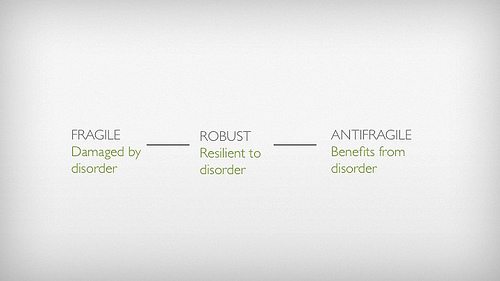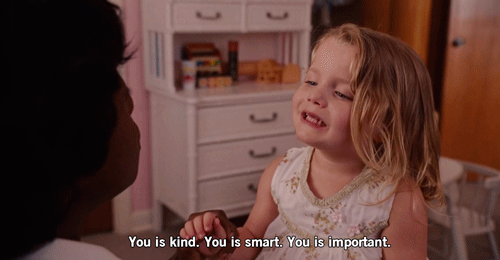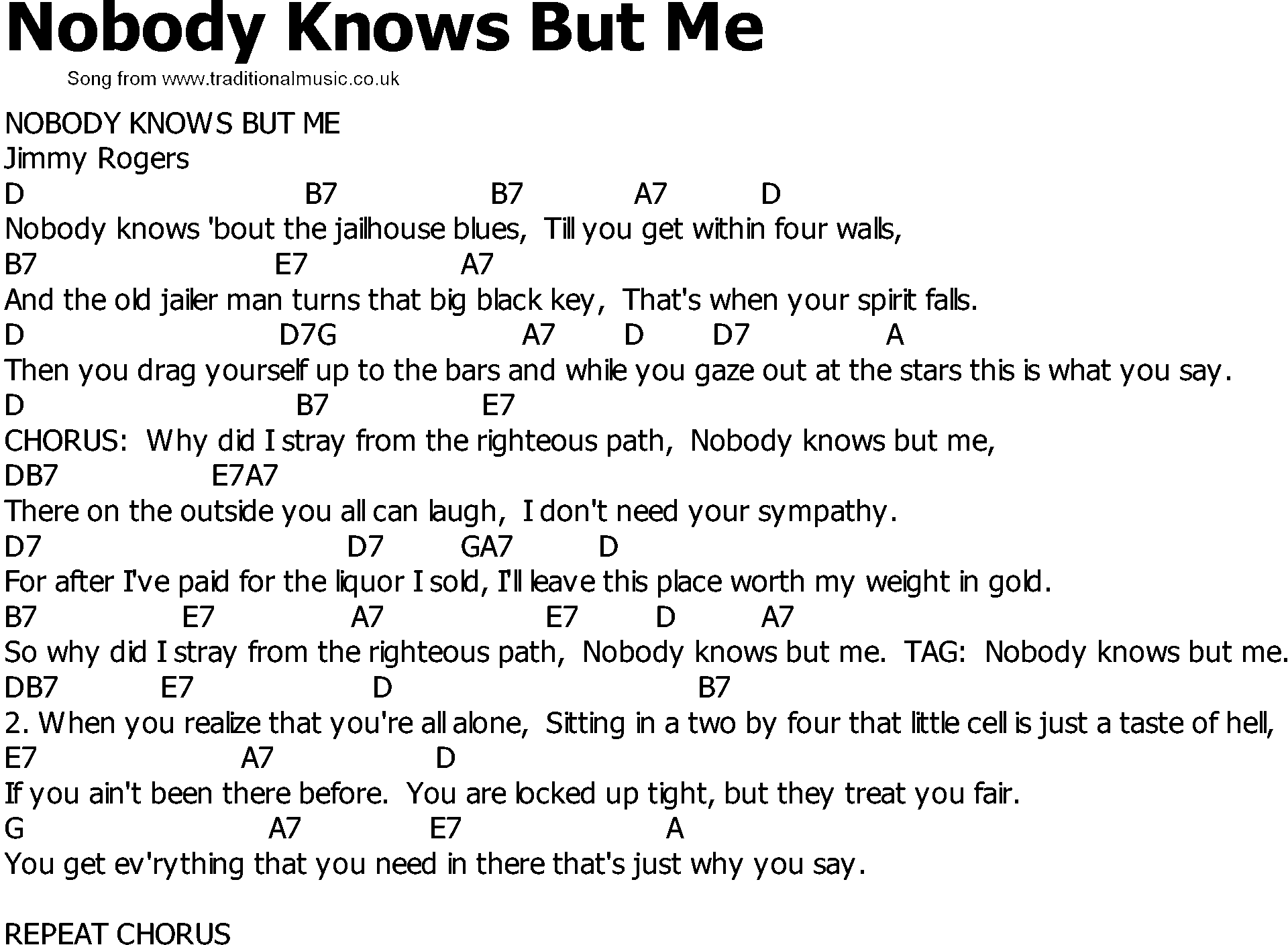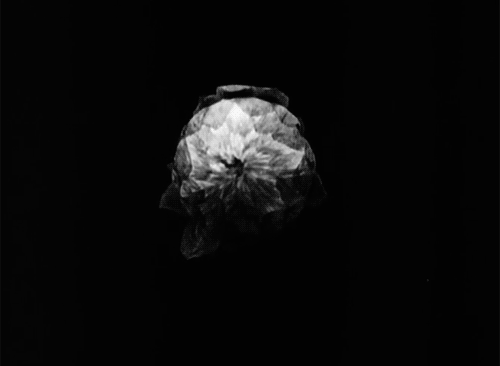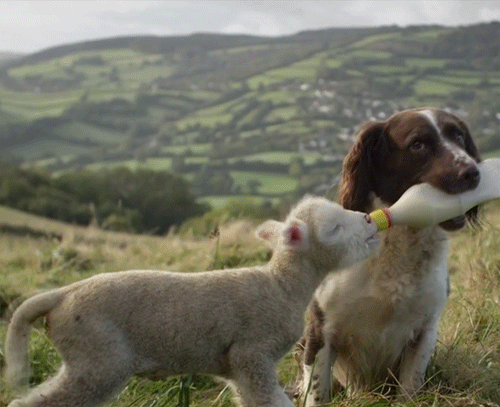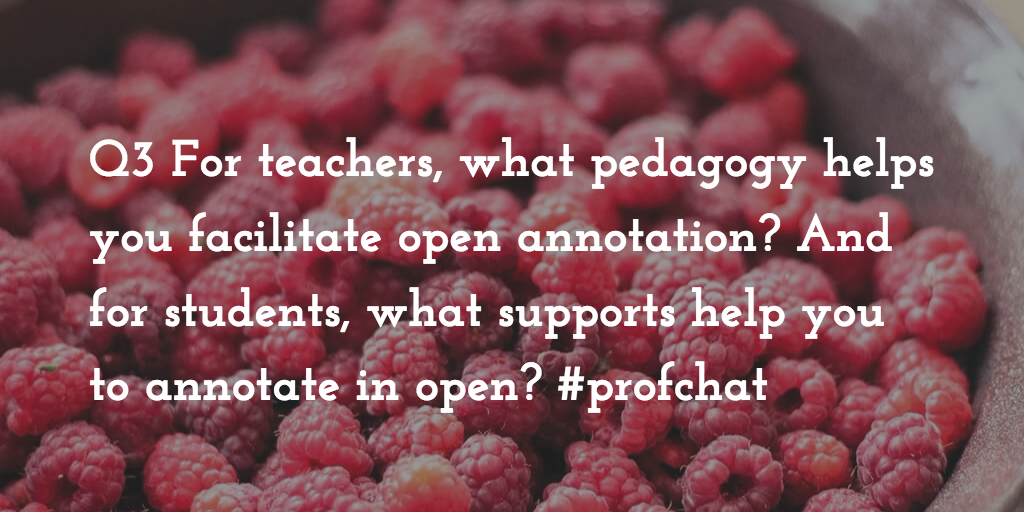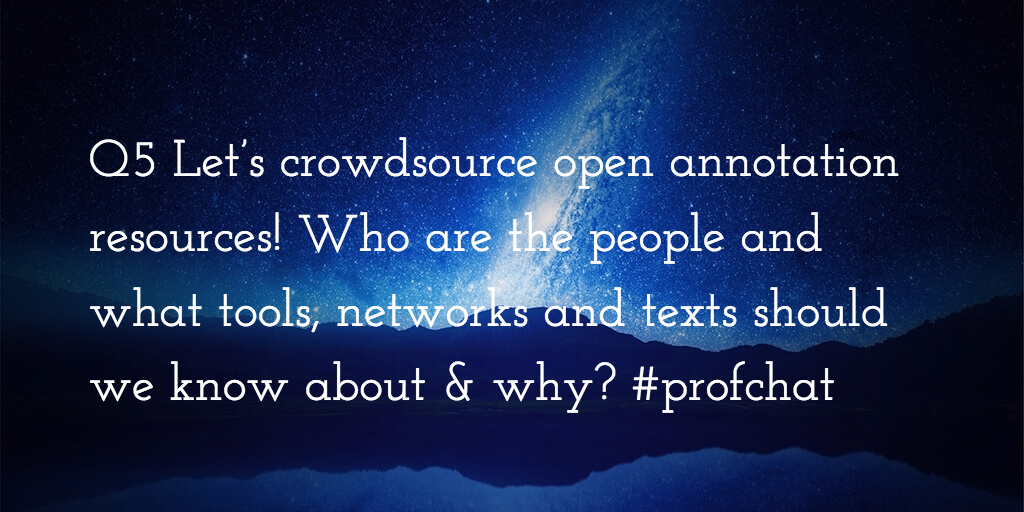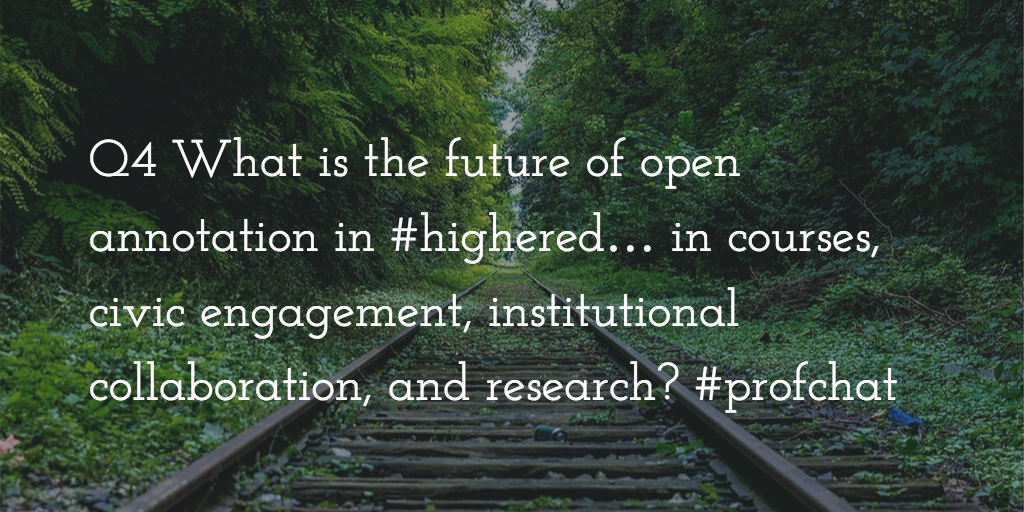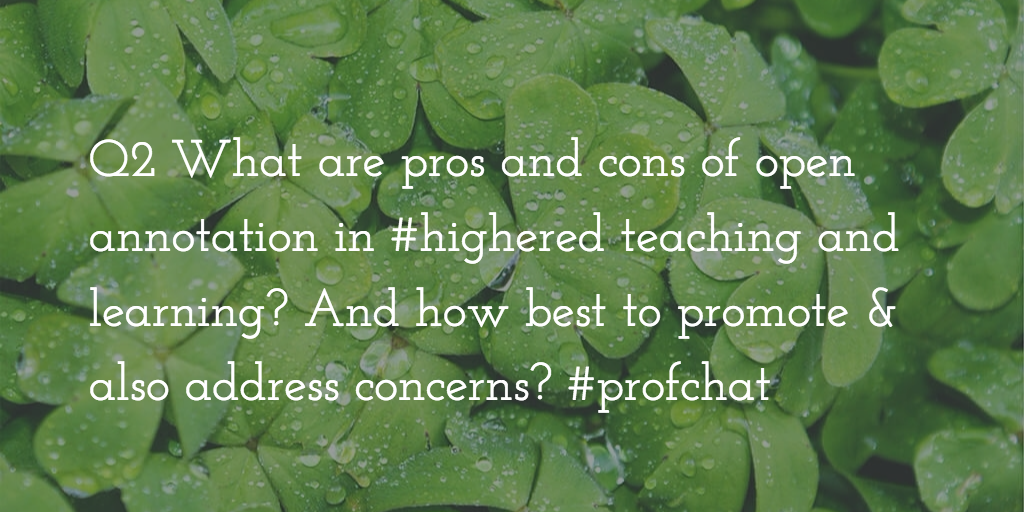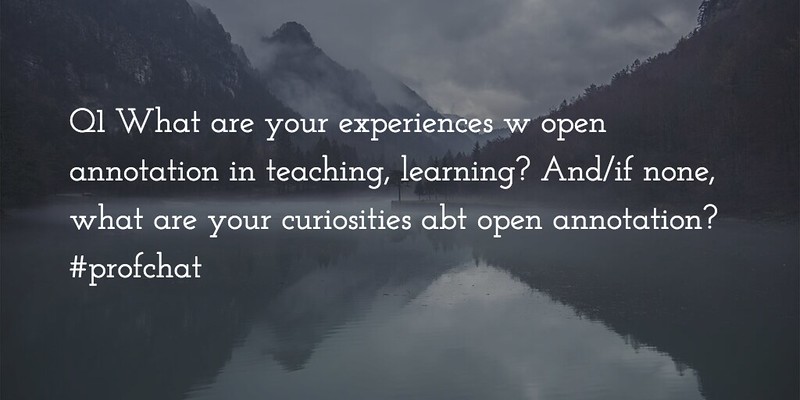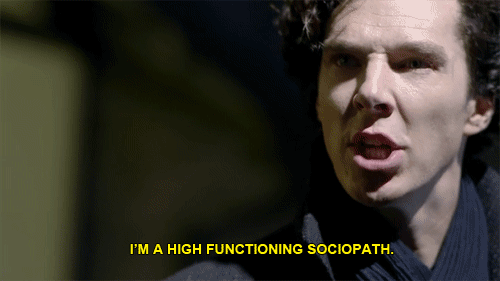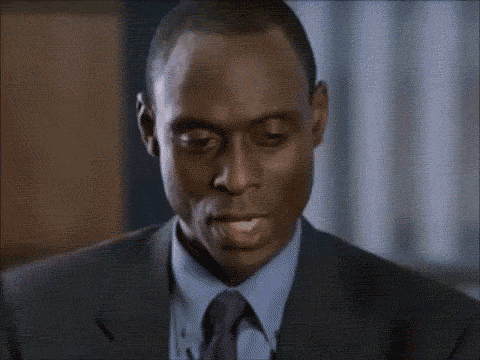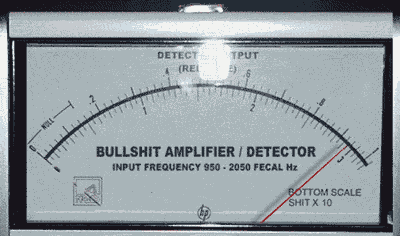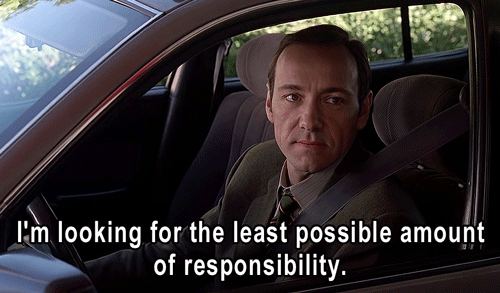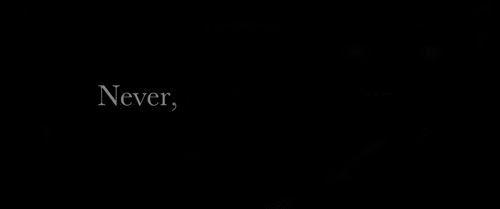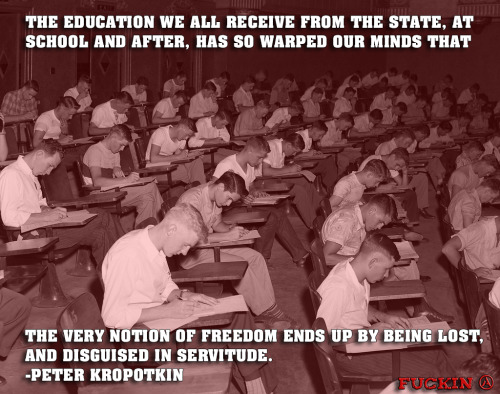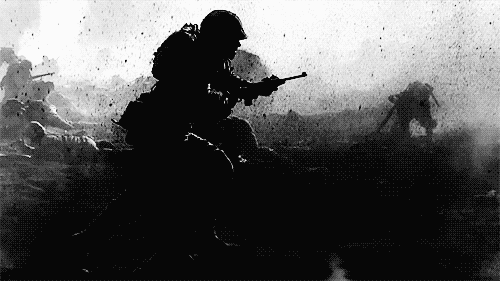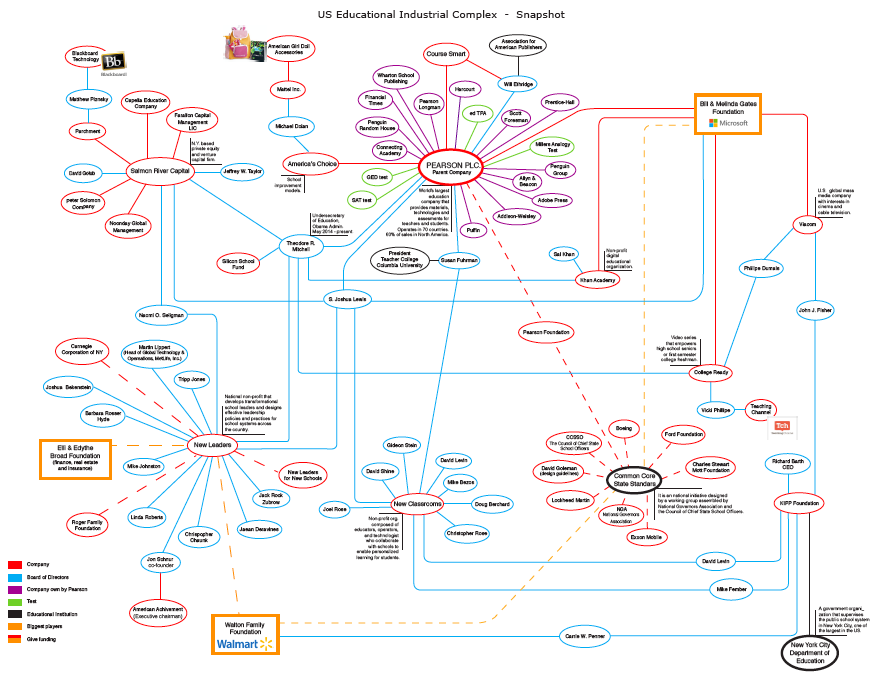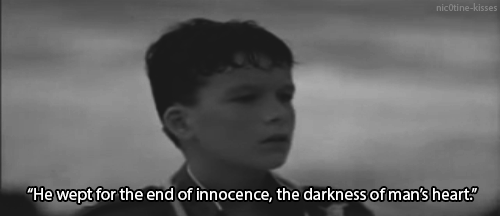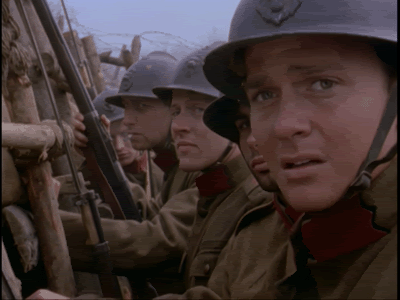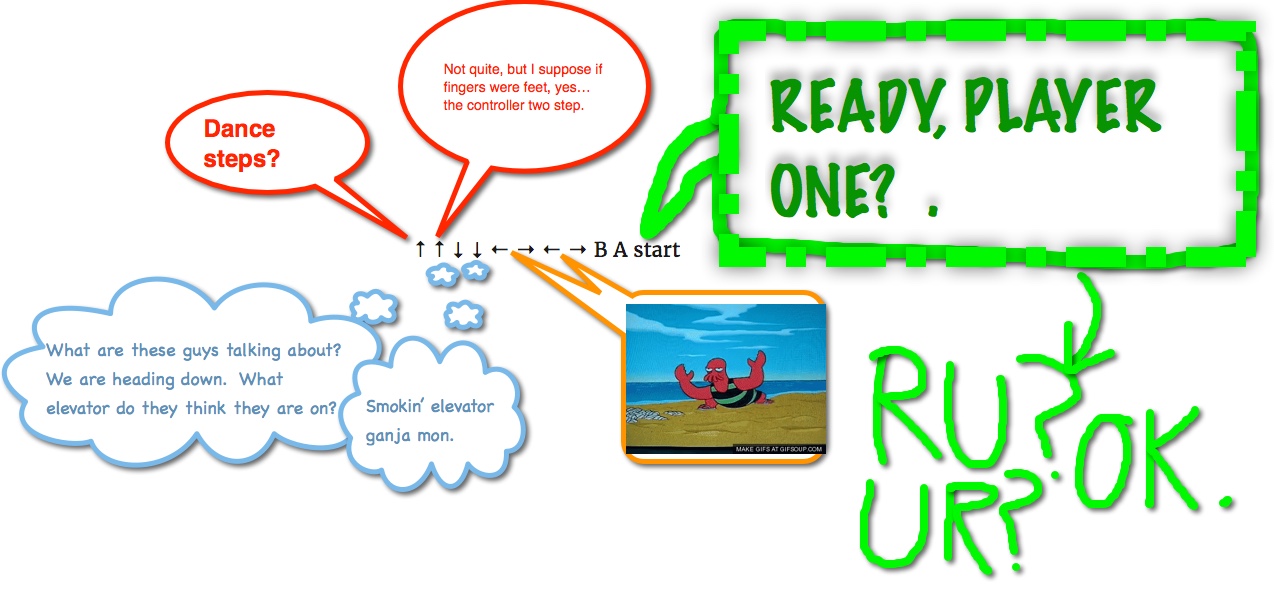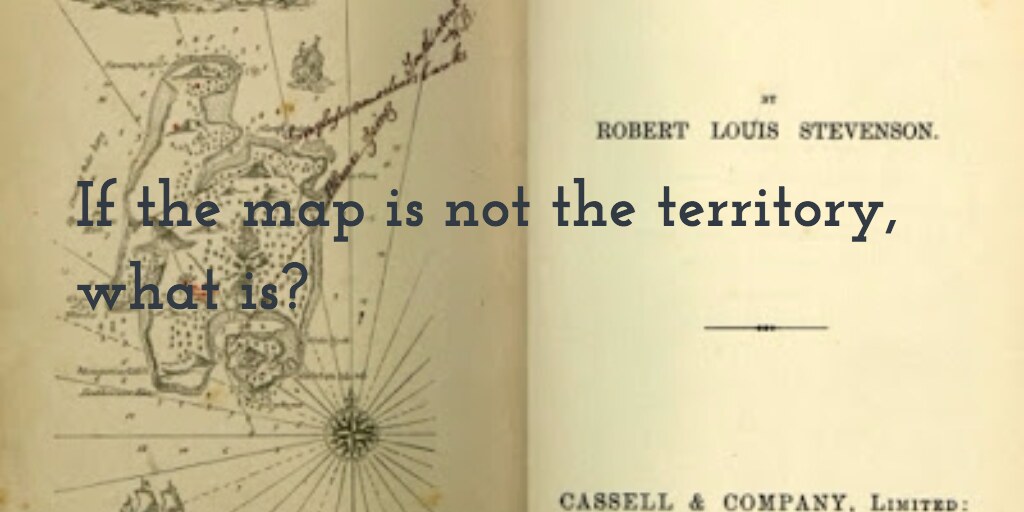OED entry
innovation
(ɪnəʊˈveɪʃən)
[ad. L. innovātiōn-em, n. of action f. innovāre to innovate: cf. F. innovation (1297 in Hatz.-Darm.).]
- a.1.a The action of innovating; the introduction of novelties; the alteration of what is established by the introduction of new elements or forms. †Formerly const. of (the thing altered or introduced).
1553 Brende Q. Curtius 221 b, Perdicas, whose ambicious mynde desirous of innouation, was (he sayde) to be preuented in time. 1561 T. Norton Calvin's Inst. Table Contents, It is the duty of private men to obey, and not to make innovation of states after their own will. 1597 Hooker Eccl. Pol. v. xlii. §11 To traduce him as an authour of suspitious innouation. 1614 Selden Titles Hon. 286 Thanes remained as a distinct name of dignitie, and vanisht not at the innouation of new honors. a 1639 Webster Appius & V. v. iii, The hydra-headed multitude That only gape for innovation. 1796 Burke Corr. (1844) III. 211 It is a revolt of innovation; and thereby, the very elements of society have been confounded and dissipated. 1824 L. Murray Eng. Gram. (ed. 5) I. 65 This spirit of innovation has extended itself to other parts of grammar, and especially to the names of the Tenses. 1874 Green Sh. Hist. vii. §1 Cranmer and his colleagues advanced yet more boldly in the career of innovation.
†b.1.b Revolution (= L. novæ res). Obs.
1596 Shakes. 1 Hen. IV, v. i. 78 Poore Discontents, Which gape, and rub the Elbow at the newes Of hurly burly Innouation. 1633 T. Stafford Pac. Hib. i. xx. (1821) 206 For the same reason of innovation, he besought them to send unto him fiue Lasts of powder with match and lead.
- a.2.a A change made in the nature or fashion of anything; something newly introduced; a novel practice, method, etc.
1548 Act 2 & 3 Edw. VI, c. 1 To staye Innovacions or newe rites. 1641 (title) A Discovery of the notorius Proceedings of William Laud, Archbishop of Canterbury, in bringing Innovations into the Church. 1717 J. Keill Anim. Oecon. Pref. (1738) 47 This Attraction‥is no Innovation in Philosophy. 1800 Asiatic Ann. Reg., Misc. Tr. 106/1 The tribute you demand from the Hindûs‥is an innovation and an infringement of the laws of Hindustân. a 1862 Buckle Civiliz. (1873) II. viii. 595 To them antiquity is synonymous with wisdom, and every improvement is a dangerous innovation. 1868 Freeman Norm. Conq. II. viii. 297 The sturdiest champions of Norman innovations.
†b.2.b A political revolution; a rebellion or insurrection. (= L. novæ res.) Obs.
1601 R. Johnson Kingd. & Commw. (1603) 227 Neither doth he willingly arme them for feare of sedition and innovations. 1726 Leoni Alberti's Archit. I. 77/2 A Province so inclined to tumults and innovations.
3.3 spec. in Sc. Law. The alteration of an obligation; the substitution of a new obligation for the old: see quot.
1861 W. Bell Dict. Law Scot. 450/1 Innovation, is a technical expression, signifying the exchange, with the creditor's consent, of one obligation for another; so as to make the second obligation come in the place of the first, and be the only subsisting obligation against the debtor, both the original obligants remaining the same.
4.4 Bot. The formation of a new shoot at the apex of a stem or branch; esp. that which takes place at the apex of the thallus or leaf-bearing stem of mosses, the older parts dying off behind; also (with pl.) a new shoot thus formed.
1835 Lindley Introd. Bot. (1848) I. 168 Shoots which have not completed their growth have received the name of innovations, a term usually confined to mosses. 1845 Florist's Jrnl. 130 The lateral ones‥terminate a two-leaved branch, or innovation, while the central peduncle springs from the apex of the older branch. 1863 Berkeley Brit. Mosses iii. 13 One mode of branching‥is known under the name of innovations. Ibid. Gloss. 312 Innovations, accessory branches produced generally after the fruit is perfect.
5.5 Comm. The action of introducing a new product into the market; a product newly brought on to the market.
1939 J. A. Schumpeter Business Cycles I. iii. 84 Innovation is possible without anything we should identify as invention, and invention does not necessarily induce innovation. 1958 J. Jewkes et al. Sources Invention ix. 249 It seems impossible to establish scientifically any final conclusion concerning the relation between monopoly and innovation. 1962 E. M. Rogers Diffusion of Innovations v. 124 It matters little whether or not an innovation has a great degree of advantage over the idea it is replacing. What does matter is whether the individual perceives the relative advantage of the innovation. 1967 J. A. Allen Sci. Innovation & Industr. Prosperity ii. 8 Innovation is the bringing of an invention into widespread, practical use.‥ Invention may thus be construed as the first stage of the much more extensive and complex total process of innovation.
6.6 innovation trunk, a kind of wardrobe trunk.
1912 Bag, Portmanteau & Umbrella Trader 20 Nov. 18/1 The Innovation Trunk Company‥makes a striking show of wardrobe trunks. They also specialise in the refitting of ordinary wardrobes according to their principle. 1913 A. Bennett Regent iii. 83 Many parcels and boxes, comprising diverse items in the equipment of a man-about-town, such as tie-clips and Innovation trunks. 1915 E. Phillpotts Angel in House i. 17 Robert and Manservant enter through the main entrance carrying Innovation trunk.
Hence innoˈvational a., of, pertaining to, or characterized by innovation; also in Comm.; innoˈvationist, one who favours innovations.
1800 W. Taylor in Monthly Mag. VIII. 684 Writers, who bring against certain philosophic innovationists a clamorous charge of Vandalism. 1817 Bentham Plan Parl. Reform Introd. 194 A proposition so daring, so innovational. 1873 R. Black tr. Guizot's France II. xxv. 492 His kingly despotism was new, and, one might almost say, innovational. 1959 J. P. Lewis Business Conditions Analysis v. xxiv. 534 The insights of economics do not illuminate the process of innovation very much.‥ On the optimistic side of the innovational outlook, it can be argued, [etc.]. 1960 L. S. Silk Research Revolution iii. 50 In the past, the United States has had three great innovational pushes.

